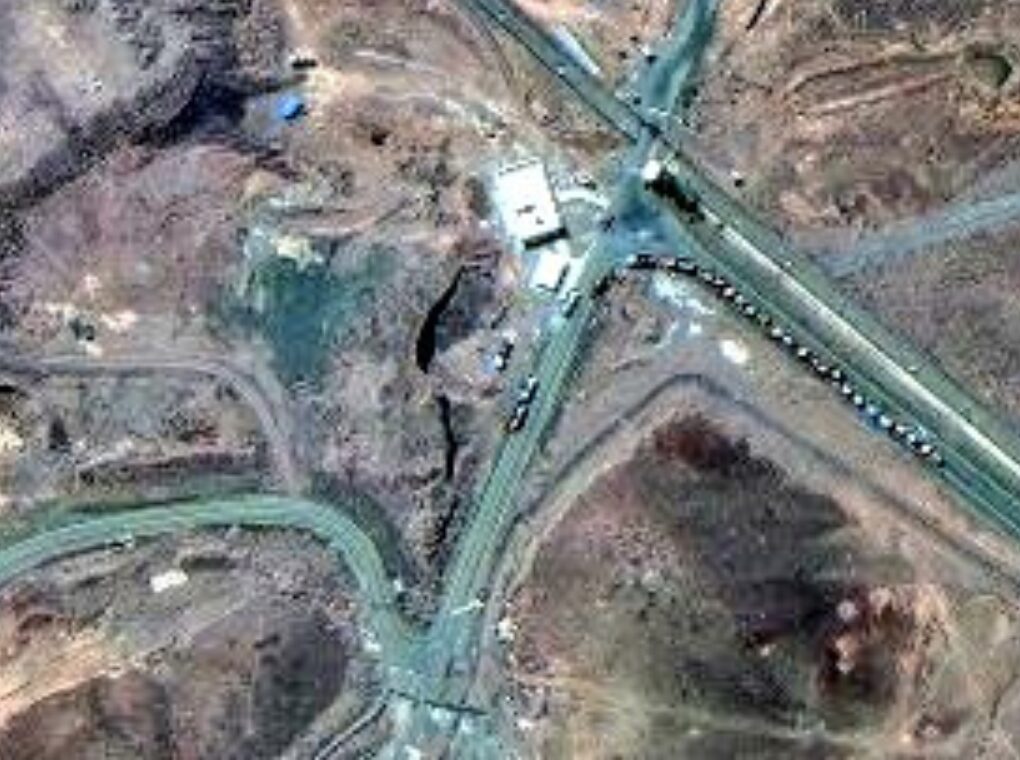The shadow of a nuclear-armed Iran looms larger than ever, not because the Islamic Republic suddenly became more belligerent, but because the West — particularly the U.S. and Israel — abandoned the very framework that once held the bomb at bay. With Israel’s “Operation Rising Lion” and the U.S.’s “Operation Midnight Hammer” targeting Iran’s nuclear sites, the international community may have witnessed the final unraveling of any hope for sustained nonproliferation diplomacy in the Middle East.
As these strikes were not surgical solutions to a looming threat. They were acts of geopolitical desperation. And like all acts of desperation, they are likely to backfire.
The Fallout of Force
Military interventions have a track record when it comes to nuclear development: they delay but rarely deter. Iraq’s clandestine nuclear program only went deeper underground after Israel bombed Osirak in 1981. North Korea accelerated its path to nuclearization after being labeled part of the “Axis of Evil.” And now Iran, whose Supreme Leader once issued a fatwa against nuclear weapons, may finally be abandoning ambiguity for outright pursuit.
The irony is unbearable. The Joint Comprehensive Plan of Action (JCPOA), signed in 2015, was flawed but functional. It rolled back Iran’s program, subjected it to rigorous IAEA inspections, and created a transparent pathway for monitoring. But it was torn up not because Iran violated its terms, but because of political expedience. President Donald Trump, goaded by Israeli hardliners and domestic hawks, pulled the plug on the deal without a credible alternative.
In doing so, Washington traded a flawed but enforceable treaty for strategic whack-a-mole — a policy of erratic airstrikes and rhetorical bluster, with no long-term strategy beyond “maximum pressure.”
Strengthening the Case for the Bomb
From Iran’s perspective, the conclusion is now self-evident: the only real deterrent to regime change or foreign attack is a nuclear weapon. Iraq didn’t have one. Libya gave up its program. Ukraine surrendered its Soviet-era arsenal. All three were invaded or destabilized. North Korea, on the other hand, has tested nuclear weapons and remains intact, however isolated.
By bombing IAEA-monitored nuclear facilities — ostensibly in the name of nonproliferation — the U.S. and Israel have shredded the credibility of the international arms control regime. Why should any state cooperate with inspectors or agree to limit its enrichment if compliance only paints a target on its back?
The Non-Proliferation Treaty (NPT) rests on a delicate balance: non-nuclear states agree not to develop weapons in exchange for access to civilian nuclear technology and a promise from nuclear states to eventually disarm. Both promises have been broken — especially the latter.
When Rules Don’t Apply Equally
How can the U.S., with thousands of nuclear warheads, credibly demand Iran not even approach breakout capacity? How can Israel, a nuclear-armed state that has never signed the NPT, justify bombing another NPT signatory’s safeguarded sites?
The double standards are not just moral failings; they are strategic liabilities. They erode the legitimacy of global institutions like the IAEA and the United Nations, pushing smaller states toward unilateralism and secrecy.
A New Strategic Landscape
Brahma Chellaney ,An expert on Geopolitics rightly points out that the West’s actions have eliminated the legal and diplomatic scaffolding that once constrained Iran’s nuclear ambitions. If Iran exits the IAEA framework or pulls out of the NPT altogether, it will be following a playbook that major powers helped write.
Worse, this shift will ripple beyond the Persian Gulf. Saudi Arabia has already hinted at pursuing its own program if Iran gets the bomb. Turkey could follow. Egypt may reconsider its options. The world has managed to contain nuclear proliferation for decades — largely through diplomacy and incentives. That era may now be ending.
The Path Not Taken
The only long-term solution to Iran’s nuclear ambitions has always been — and remains — diplomacy. Even Kenneth Waltz, the realist scholar who provocatively argued in 2012 that a nuclear-armed Iran might actually stabilize the region, recognized that containment and deterrence require credible policy, not knee-jerk aggression.
It’s not too late to walk back from the brink, but it will take more than sanctions and airstrikes. It will require admitting past mistakes, restoring trust, and recognizing that military might cannot substitute for patient statecraft.
